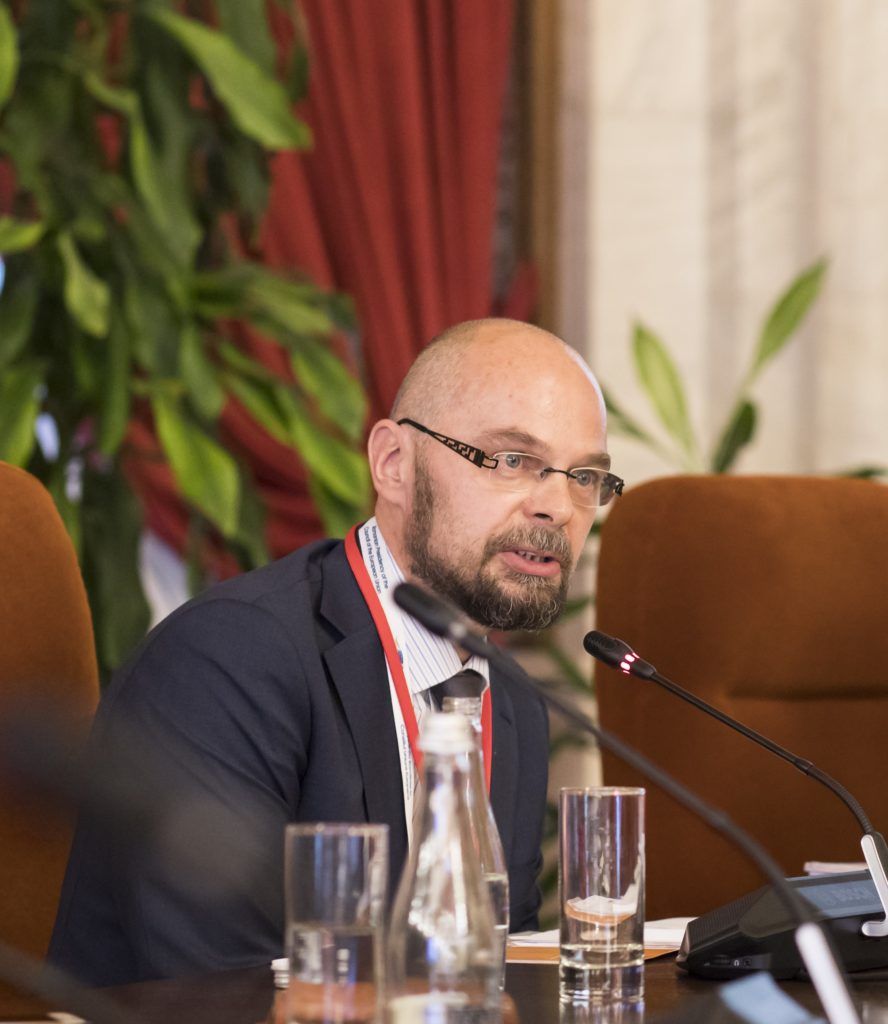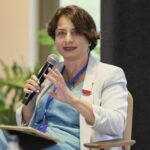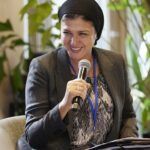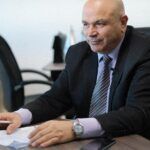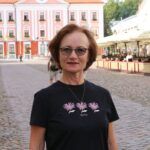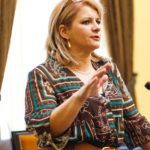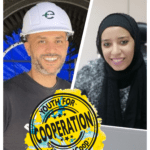Voices from the field
The Magnificent 7 at the conquest of the Council of Europe
Local authorities from both sides of the border “own” the programmes: this ownership feeling is somehow unique in the cooperation field
On 29-31 October, the 7 programmes of the ENI CBC Northern Cluster will meet the Council of Europe (CoE), for a first-ever introduction of the ENI CBC family to this continent-leading human right organisation. There are 47 members in the Council, 28 of which are EU States: they all have signed up to the European Convention on Human Rights, a treaty designed to protect human rights, democracy and the rule of law. We have asked Marko Ruokangas, Programme Director of Karelia CBC – one of the seven participating programmes and architect of the initiative – to tell us how this remarkable event came to life, and what is its importance.
You will meet one of the committees of the CoE, the Congress of Local and Regional Authorities: what is it, and why was it chosen?
The Congress is responsible for strengthening local and regional democracy in the 47 states: it works to foster consultation and political dialogue between national governments and local and regional authorities. We thought it was a great idea to meet them, in fact, the real question should be: why didn’t we do it before? They are a natural interlocutor for us, we are in the same field of work. Besides, through this event we can reach a wider audience than the 28 EU Member States.
Local and regional authorities are crucial for cross border cooperation activities: why?
The programmes we are implementing are regionally and locally based: they tackle local problems, and these are the people facing directly those problems. This means that local authorities from both sides of the border “own” the programmes: this ownership feeling is somehow unique in the cooperation field. And it is a key factor for the success of the implementation: if authorities are committed, achievements are facilitated.
There are 7 programmes joining forces: what is the added value of such an endeavour?
Well, if you get together you are more powerful: people are more likely to listen to you.
Was it difficult to reach a consensus?
It was relatively easy to agree and decide to go together: we have regular Northern cluster meetings, and the first idea came up during an unofficial discussion between some ENI CBC programmes and the Russian national authorities, in the semester of the Finnish Presidency of the Council of the European Union. The idea was welcomed by the other programmes; still, it took a bit of time to mature. Let’s say that the whole process has taken one year, from beginning to end.
What are you planning to do?
There will be a 3-day exhibition, with roll ups and promotional materials, showcasing the variety of our activities: the 7 programmes are all working with Russia, but each one is different. On 30 October we will invite people for a short seminar: after the intervention of some national bodies and of the EC representative, programmes will introduce themselves, emphasizing their own specificity. A small reception will follow.
Do you think this activity could positively influence the future of ENI CBC programmes, and how?
Even when it comes to EU Member States, sometimes we assume that they are aware of CBC, but in fact they don’t. So it’s good to address them, as well as non-EU States, to bring forward the added value of our cooperation across the external border of the EU. We have a powerful message about dialogue to share. And, if properly sensitized, the Congress’ members could become our ambassadors in key places.
Is this a good timing for such action?
The timing is excellent: we are takings steps for the preparation of future programmes, but we are also starting to collect results from the past. It’s the perfect time to think about the future.
